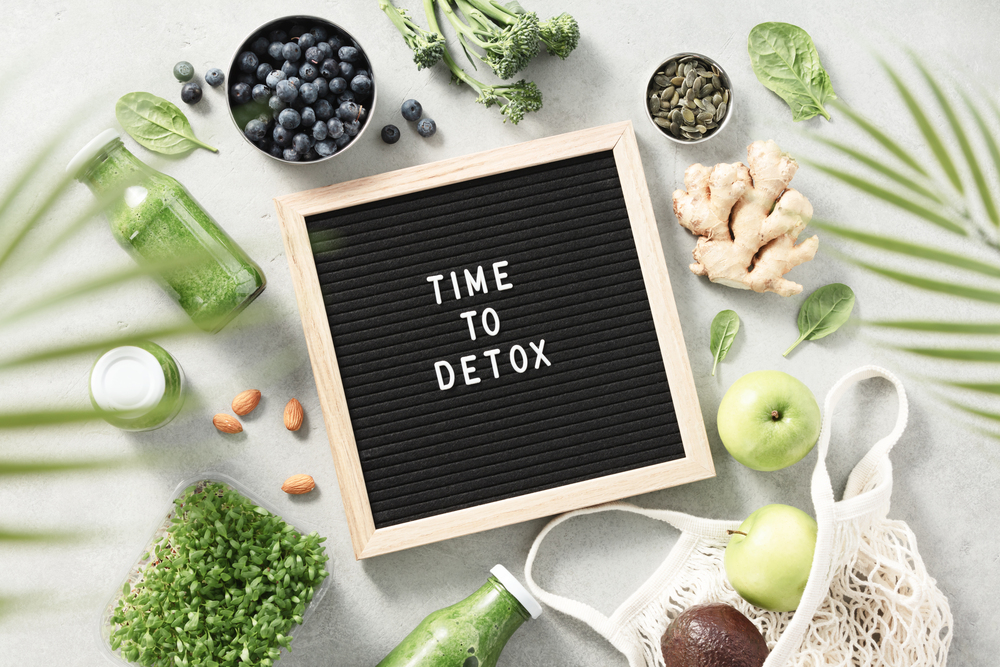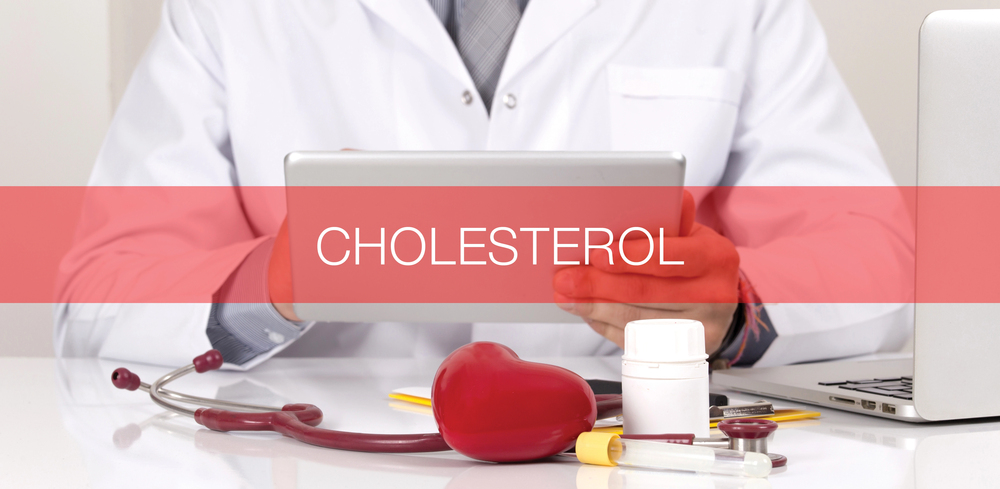One of the most important areas of health to take care of is digestion. Nutrients are broken down and absorbed in the digestive tract; nutrient distribution throughout the body begins here; and toxins are eliminated from the body here.
Additionally, most of the immune system resides in the gut, and the majority of our serotonin is produced here. The health of this system affects literally every other system in the body.
From mild gas and bloating to acid reflux, to food allergies and sensitivities, to IBS and Crohn’s disease, nearly everyone has some digestive issue. Over time, these issues can affect our health in profound ways. If we don’t absorb our nutrients, we can end up with problems…from our heads to our toes.
Why Do So Many People Have Digestive Issues?
The origin of digestive issues can be found in antibiotic use, exposure to pathogens born by food, poor diet, prescription drugs (NSAIDs & PPIs, e.g.), overuse of alcohol, environmental toxins and food sensitivities. Repeated use of antibiotics can upset the balance of the good bacteria in our digestive system, because they knock out the good as well as the bad bacteria they are targeting.
Acid-blocking drugs, proton pump inhibitors (PPIs) such as Omeprazole, Prilosec, Nexium, Prevacid, Protonix, and Aciphex, can cause a range of health issues due to their suppression of stomach acid that is needed to absorb minerals and some vitamins. PPIs cause a major depletion of magnesium that can lead to anxiety, muscle cramping, poor blood sugar management, inability to handle stress and bone fractures. Longer term use of PPI’s can also lead to B12 deficiency causing memory issues, low red blood cell count, and nervousness. These drugs also interfere with the liver’s ability to make SAMe, which affects melatonin production and in turn affects your ability to sleep soundly. Lastly, PPIs can deplete Vitamin C, an important vitamin for the immune system, a good antioxidant, and a crucial component of blood vessel health.
NSAIDs like aspirin, Advil, Naproxen and others are well known for causing damage to the lining of the digestive tract. Many doctors put patients on PPIs to protect the stomach from NSAIDs, a questionable method of treatment given their long term impact.
Approximately 50% of all foods on grocery store shelves didn’t exist 15 years ago. We have gotten so far away from truly natural foods that our bodies are screaming in response. Food allergies and sensitivities are now common. The most common allergies are to wheat or gluten, soy, corn, dairy, yeast, and nuts. When you begin to learn some simple facts about the evolution of our food supply, this is no surprise.
I believe that genetically modified foods will come to be known as one of the great food disasters in history. Distinct from traditional breeding for desirable traits in plants, genetic modification of foods combines two separate species such as a bacteria and a plant together so that the plant can, for example, withstand certain pesticides. We modify our foods to make them more resistant to pesticides, so we can use more pesticides? Brilliant! There are many animal studies to support the harmful effects of genetic modification on body systems, including kidney and liver failure.
Packaged foods also cause health issues, because of their high sodium content, dyes, preservatives, and the general “refining” out of nutrients. Chemicals in food essentially only benefit the companies that make them because they extend shelf life and artificially “enhance” taste to make us want more. Trans fats, common in packaged foods, are not recognized by the body and fats cooked at high temperatures do not retain their healthy qualities. Refined sugar causes elevated blood sugar and can be a factor in inflammation. Cheese and other dairy products can be difficult to digest. In essence, packaged foods, particularly snack foods, are not doing us any favors.
Supplements for Better Digestion and Elimination
Below are the top supplements for digestive health. Read each to see what best fits your own situation, or ask our staff for their advice.
Probiotics—The “good” bacteria that live in your gut aid in breaking down food, protect the lining of the digestive tract, fight pathogens, enhance immunity, and help synthesize certain vitamins, including some of the B vitamins and Vitamin K. It would be difficult to overstate their benefit. Probiotics are key to recovery from any digestive or urinary condition, and are important to the everyday functioning of your system, including easy digestion, nutrient absorption, and ease of elimination. There is a plethora of new research on the connection between the gut and the brain as well. Probiotics are measured in CFU’s, or colony forming units. A probiotic made to support everyday health may be as low as 1 billion CFU’s or as high as 12 billion. Much higher potencies are also available to target specific conditions like vaginal yeast, diarrhea, antibiotic use and other digestive issues. Taking a course of probiotics after antibiotic use is crucial to replacing beneficial gut bacteria.
B Vitamins—The B Vitamins are cofactors in many aspects of digestion. Vitamin B1 is used to make hydrochloric acid, which helps us digest our proteins. We often see the B Vitamins suggested for energy production and this is because they help to digest our food, our source of energy. The B vitamins also nourish the nerves and can be depleted by stress. It is important to add them during very stressful times in your lives to keep digestion going and energy up.
DGL (deglycyrrhizinated licorice)—A form of licorice with a compound removed (that can cause high blood pressure if taken on a regular basis) is my first go-to for acid reflux. Licorice enhances overall digestion, protects the lining of the stomach, and is helpful with a cough caused by acid reflux. DGL is also helpful with the healing of ulcers.
Enzymes— Digestive issues like gas, bloating, and a very full feeling in the stomach after eating are often caused by an incomplete digestion of food. As we age, the body produces fewer enzymes to break down our food. A broad spectrum enzyme can be used to correct digestive issues. Short term use is best as you want the body to make its own enzymes if possible. Good digestion can then be reinforced with probiotics and a good diet. Specific enzymes can help with the digestion of gluten, dairy or soy. While it is best to avoid foods you are sensitive to, the enzymes are helpful in cases where eating out or travelling prevents this.
Bitters—Bitters are a combination of herbs that can be taken before a meal to stimulate the digestive juices. Bitters stimulate bile, which emulsifies fats to aid in their digestion. Angostura bitters, Swedish bitters, or Gallexier bitters all work well. Bitters can be especially helpful with fat digestion after gall bladder removal.
Raw Apple Cider Vinegar (with special culturing agent)— Vinegar made from organically-fermented apples that contains pectin (a soluble fiber), beneficial bacteria, enzymes and 19 minerals. It is very helpful in maintaining a healthy acid-alkaline balance in the body. Proponents of apple cider vinegar claim that it helps regulate cholesterol, blood pressure, weight, arthritis, gall bladder health, skin issues and more. Take 1-2 tablespoons before a meal.
Aloe—Taking aloe internally is soothing to the digestive tract, calms inflammation, is mildly laxative, and if swished in the mouth can help heal mouth ulcers. It can be used in cases of inflammatory bowel issues to soothe the tissue and has the side benefit of being anti-viral.
L-Glutamine—An amino acid that is imperative to rebuilding damage in the gut wall. A probiotic called Ultra Flora Integrity also assists in gut repair. Do not use l-glutamine if you have issues with over-excitability such as severe anxiety, ADHD, or autism.
Turmeric—A root that is great for calming the inflammation that accompanies many intestinal issues. It has been studied for its positive affect on the symptoms associated with inflammatory bowel diseases. It also stimulates liver function, thereby aiding digestion.
Peppermint—An herb for promoting digestion and soothing the digestive tract. Enteric coated capsules can provide relief for those with IBS.
Enteric coated fish oils—An enteric coating on fish oil capsules makes sure that the omega-3 nutrients get to the intestines where they can help to heal the lining of the digestive tract. They also have an anti-inflammatory effect.
Fiber/Elimination—Fiber provides bulk to the diet. Both soluble and insoluble fibers are important to keeping the lining of the digestive tract healthy as well as aiding elimination. Flax meal is great for this purpose and also provides omega-3 fats. Several combination formulas also exist to provide this function.
Foods, Spices, and Teas That Enhance Digestion
Cultured foods are number one for promoting healthy digestion. They provide healthful bacteria that aid the body in digesting food, support your immune system, and even assist in making certain vitamins. Remember when your grandparents drank buttermilk? Smart people! Think yogurt, sauerkraut, kimchi, miso, tempeh, tamari, kefir and other fermented foods.
Raw fruits and vegetables contain live enzymes to promote digestion and fiber to assist elimination. Spices like fennel, cumin and dill are carminative, i.e., they relieve gas and bloating. Warming spices like ginger, cardamom, cinnamon, nutmeg, cayenne and coriander stimulate the digestive juices. Just spice up your food a bit to enhance taste and promote healthy digestion. Raw honey is high in B vitamins which are cofactors in the breaking down of food and energy production. Flax meal provides necessary fiber and omega-3s that are crucial to the integrity of the lining of the gut. Teas like dandelion, fennel, peppermint, ginger, and milk thistle can promote healthy digestion and elimination.
Quality is really the most important factor when making food choices. We must, of course, stay away from foods that we are sensitive to. But no category of food is bad as a matter of course. It all relates to our own unique chemistry and getting foods in the form that nature intended. Here are some tips on eating foods that are more readily digested:
- Eat grass-fed, not grain-fed beef. Grain-fed cattle consume a diet high in omega-6s and their meat is therefore more inflammatory. Grass fed beef contains a high concentration of a healthy fat called CLA that helps you burn fat. It has been clinically studied in supplement form to assist in the loss of belly fat.
- Reduce the amount of wheat in your diet. Wheat has changed so much over time that gluten content has increased from 5 % to 50%. Many people’s systems have not adjusted to this change.
- Eat organic produce as much as possible. Pesticides can act like estrogen in the body, throwing off the delicate balance in the hormone cascade. The rise in pesticide use could be a factor in the rise in breast and other cancers.
- Use organic and cultured dairy products as a source of calcium. Regular cow’s milk products can have RBGH hormone and steroids which can cause health problems. Raw, aged cheeses are digested well because they contain live probiotics that aid in their digestion. Melting cheese makes it lose this beneficial quality. Yogurt and kefir also contain beneficial bacteria.
- Stay away from non-organic corn, soy and canola oil. These foods are genetically modified and the animal studies show negative effects from them. Or look for Non-GMO certified products.
- Eat your omega-3s through flax oil or meal, or cold water fatty fish like salmon, cod, sardines and anchovies. Our diets are way too high in omega-6 fats relative to the anti-inflammatory omega-3s. Omega-3 fats help maintain the health of the lining of the digestive tract and cell membrane, allowing nutrients to pass through more readily. Stay away from trans fats as the body does not recognize these as food and doesn’t know what to do with them.
- Eat enough fiber. Most Americans get 10-15 grams of fiber per day but really need more than twice that. Fiber slows the absorption of sugar into the blood, and helps with elimination.




